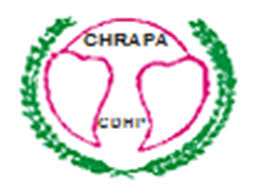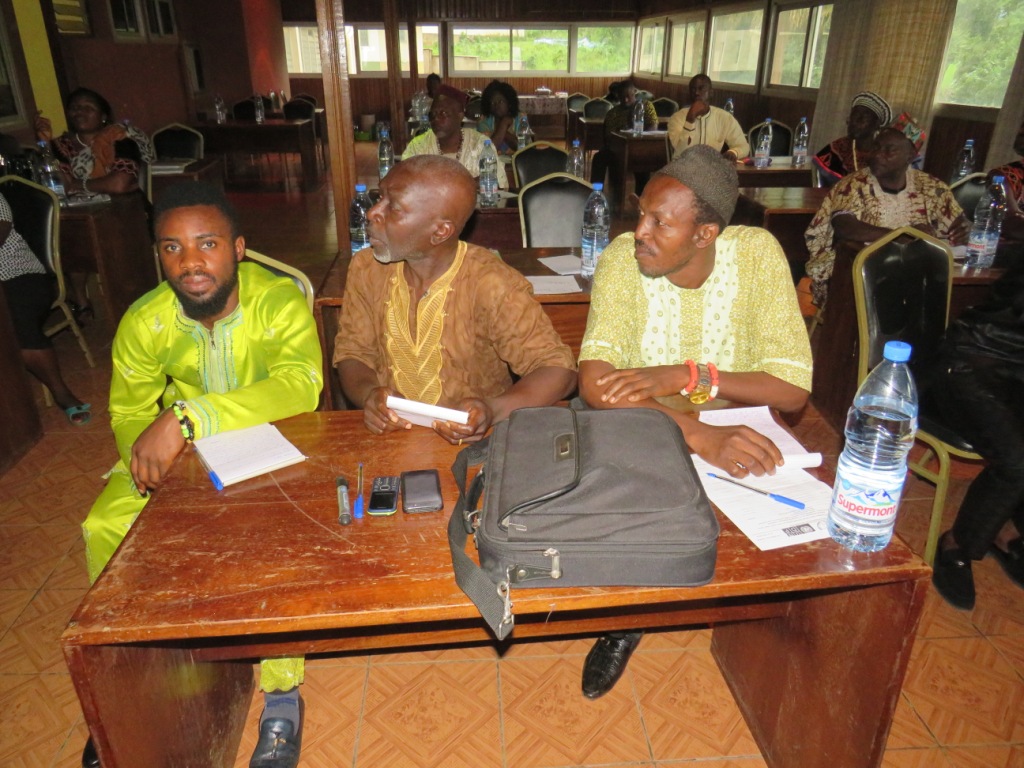Executive Summary of CHRAPA
Within the framework of CHRAPA’s mandate to promote and protect human rights, and within the context of the ongoing conflict in the two Anglophone regions, the year 2022 was characterized by continuous school shut downs, ghost towns which have the paralyzed economy, burning and looting of private and public properties and indiscriminate arrest, detention, kidnappings and killings by both the Non state armed groups and the military. Despite the high level of insecurity, schools in major towns timidly resumed with students go to school in assorted dresses. Economic activities had also started in some communities that were abandon as IDPs are gradually returning. Although the level of insecurity remains high, and with pressure from various international Organizations as well as the United Nations, it is hope that the Cameroon government will give room for dialogue so that peace can return to the two restive regions. It is within the context of this atmosphere that CHRAPA carried out it’s activities in 2022 and this report describes the activities carried out in the course of the year.
Key activities carried out during this period as per CHRAPA’s thematic areas included the Promotion and Protection of Human Rights. Although activities related to this component were scale down because of the challenge to access communities, radio programmes were used to raise awareness on human rights in general and the rights of women and children in particular. CHRAPA also joined other civil society organisations to call on the government of Cameroon to look for peaceful solutions to the Anglophone crisis. The paralegal service provided counselling and court representation to vulnerable victims of human rights violations. CHRAPA through this programme, provided assistance to victims of trafficking, GBV and other forms of abuse.
The reporting period also witnessed an increase in number of complaints from 2021 to 2022. Most of these complaints were related to the excesses of the military which has perpetuated grave human rights violations on individuals and whole communities including burning of houses, torture to outright killings. CHRAPA condemned this in very strong terms. In comparison to previous years, less than 30% of complaints in CHRAPA outreach offices were resolved. Many complainants found it difficult to come and follow up their complaint given that many have ran into the bushes and the community paralegal services are no longer functional. Capacity building remained a priority for CHRAPA throughout the year as the skills and knowledge of many were enhanced. CHRAPA also received several students from both the state and private universities including 3 students from the University of Buea, 7 students from the Pan African Institute for Development and 8 students from National Polytechnic Bamenda for internship. The students successfully completed their internships and returned to their institutions. CHRAPA staff also took part in trainings that could help staff improve on the quality of their work. Some of these trainings included; Case Management, Protection mainstreaming, PSEA among others.
With regards to lobbying and advocacy, CHRAPA participated in many activities organized by different organisations with regards to lobby government to take positive action in ending the crisis. While working partnerships with previous stakeholders were maintained, more partners, both at the local and international levels were made. New partnerships at the local level included; the Northwest Human Rights Organisation Platform, and also UNHCR as member of the Legal Task Force. CHRAPA is also a member of the Gender Based Violence Area of Responsibility Sub Cluster and Child Protection Cluster Chaired by UNICEF and UNFPA. Furthermore, CHRAPA continued to collaboration with the administration at all levels. CHRAPA continued to worked with the Divisional Delegation of Social Affairs whereby the Delegation has continued to make referrals to CHRAPA to intervene in cases of child abuse and GBV. CHRAPA also benefitted from capacity building programmes organized by the Regional Delegation of Women empowerment and the Family. The Judicial Police equally supported CHRAPA to track down victims of trafficking, corruption of youth, and also to forward case files to court.
CHRAPA this far received support from US Embassy in Cameroon through its Africa Regional Democracy Fund Programme, United Nations Slavery Fund, also Local Funding -Freewill contributions and donations from CHRAPA good will ambassadors.
- BACKGROUND OF THE ORGANISATION
CHRAPA is an independent, non-governmental, non-partisan, non- sectarian human rights organization established in May 2001. It is a national organization with international dimension. The centre has been monitoring, documenting and following up human rights violations in Cameroon since its creation. It has special consultative status with ECOSOC of the UN and also with the AU ECOSSOC. In accordance with this status CHRAPA can now designate permanent representatives to the UN Head quarters in the New York and UN Offices in Geneva and Vienna and attend UN Conferences and Meetings. The organization is also expected to submit Quadrennial Reports, written statements and make oral presentations in UN conferences and meetings. CHRAPA also entertains good collaboration relationship with the National Commission on Human Rights and Freedoms. The organization may affiliate/collaborate with national and international institutions with similar goals and objectives. CHRAPA works with local communities in the North West, Southwest, Adamawa and Littoral Regions of Cameroon with it main goal to promote human rights and peace and facilitate the development of democratic culture in Cameroon. This goal is achieved by working in collaboration with communities, grassroots institutions and organizations. In this domain, it promotes human rights through education and sensitization using different communication mediums. It protects human rights through monitoring, intervention, legal assistance to victims, and implementation of national and international human rights instruments. It also lobbies and advocates competent public authorities to follow up ratify and implement UN human rights instruments and redress victims of gross human rights violation. The underlying principle behind the work of CHRAPA is to see to it that the rule of law is respected and by this, people’s fundamental rights of Equality, Non Discrimination and Participation as enshrined in the Universal Declaration of Human Rights are respected.

